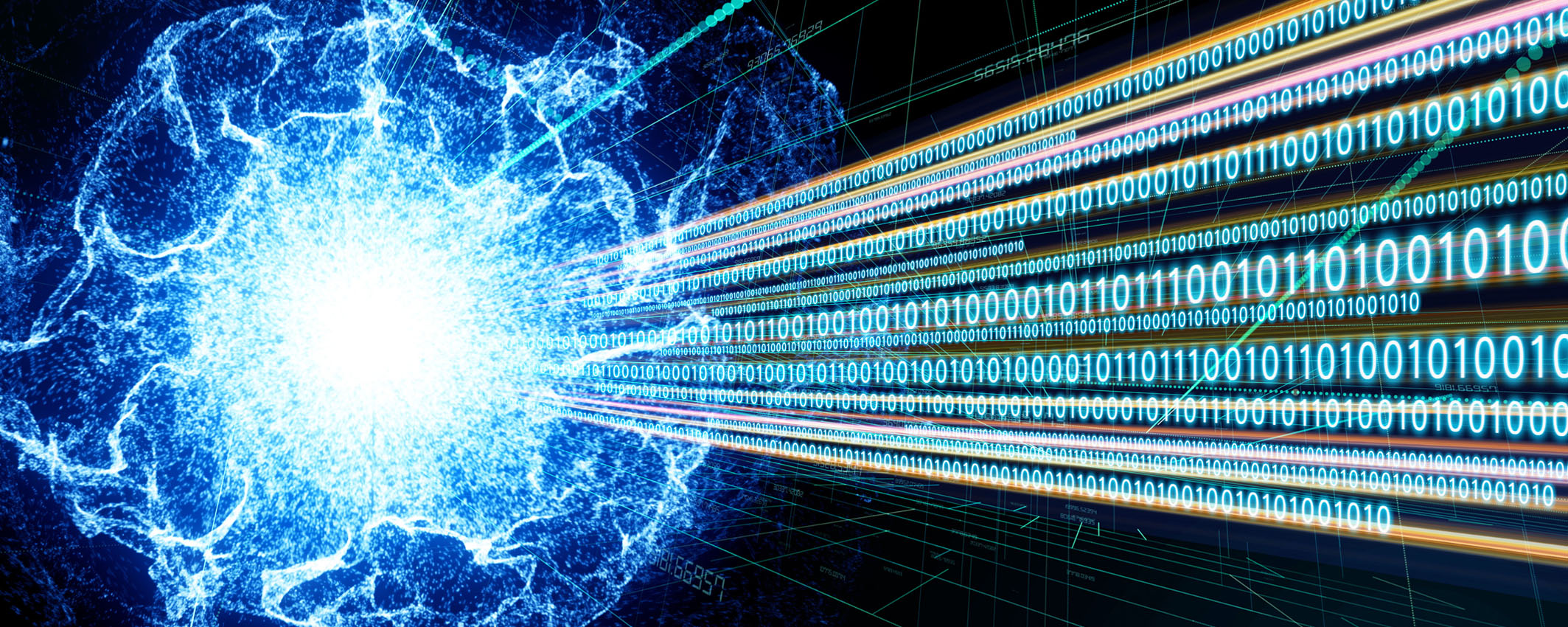 |
CCST9077 Science, Technology and Big Data
|
Course Description
We live in the age of information. But do you really know what information is, at its most fundamental level? Do you know what role information plays in the fundamental laws of nature? Have you ever thought that the world around us, from tiny particles to enormous galaxies, could be made of information? This course explores the fascinating interplay between information and fundamental physics, making connections with everyday life, art, literature, and popular culture. We will learn about a new type of information, called quantum information, which arises in the world of elementary particles, and promises to have huge impact on society and everyday life. We will see that fundamental questions about quantum information and the nature of reality have led to the invention of powerful new technologies, such as secret communication systems that cannot be decrypted by any hacker, and ultrapowerful computers that will overcome today’s best supercomputers. Finally, we will explore how quantum information is changing our view of the universe, transforming our notions of space, time, cause and effect. Do not worry: the course will not use any equations or any physics knowledge. All the ideas will be explained in simple, friendly terms that can be grasped by students of all majors.

Course Learning Outcomes
On completing the course, students will be able to:
- Be familiar with basic notions pertaining to information science.
- Understand the impact of quantum technologies in society.
- Articulate the philosophical implications of quantum information and computation for the nature of reality.
- Be able to illustrate how fundamental questions on the nature of reality can lead to disruptive new technologies.
- Be able to engage in science popularisation activities.
Offer Semester and Day of Teaching
First semester (Wed)
Study Load
| Activities | Number of hours |
| Lectures | 24 |
| Tutorials | 9 |
| Reading / Self-study | 65 |
| Assessment: Essay / Report writing | 30 |
| Assessment: Quizzes | 2 |
| Total: | 130 |
Assessment: 100% coursework
| Assessment Tasks | Weighting |
| Mid-term essay | 20 |
| Quizzes | 30 |
| Class participation | 10 |
| Final project | 40 |
Required Reading
- Aaronson, S. (2013). Quantum Computing since Democritus. [pp. 1-7]
- Rovelli, C. (2017). The Order of Time. [Chaps. 3, 8]
Required Viewing
- Aaronson, S. (2017). What quantum computing isn’t.
- Ekert, A. (2015). Quantum cryptography: the ultimate physical limits of privacy.
- Feynman, R. (1964). On scientific method.
- Lloyd, S. (2018). Is information the foundation of reality?
- Rovelli, C. (2020). The nature of time.
- Vedral, V. (2010). Everything is information.
- Wehner, S. (2017). The quantum internet.
Course Co-ordinator and Teacher(s)
| Course Co-ordinator | Contact |
| Professor Y. Yang Department of Computer Science, Faculty of Engineering |
Tel: 2241 5778 Email: yxyang@hku.hk |
| Teacher(s) | Contact |
| Professor Y. Yang Department of Computer Science, Faculty of Engineering |
Tel: 2241 5778 Email: yxyang@hku.hk |
| Professor R. Ramanathan Department of Computer Science, Faculty of Engineering |
Tel: 2859 2350 Email: ravi@cs.hku.hk |

